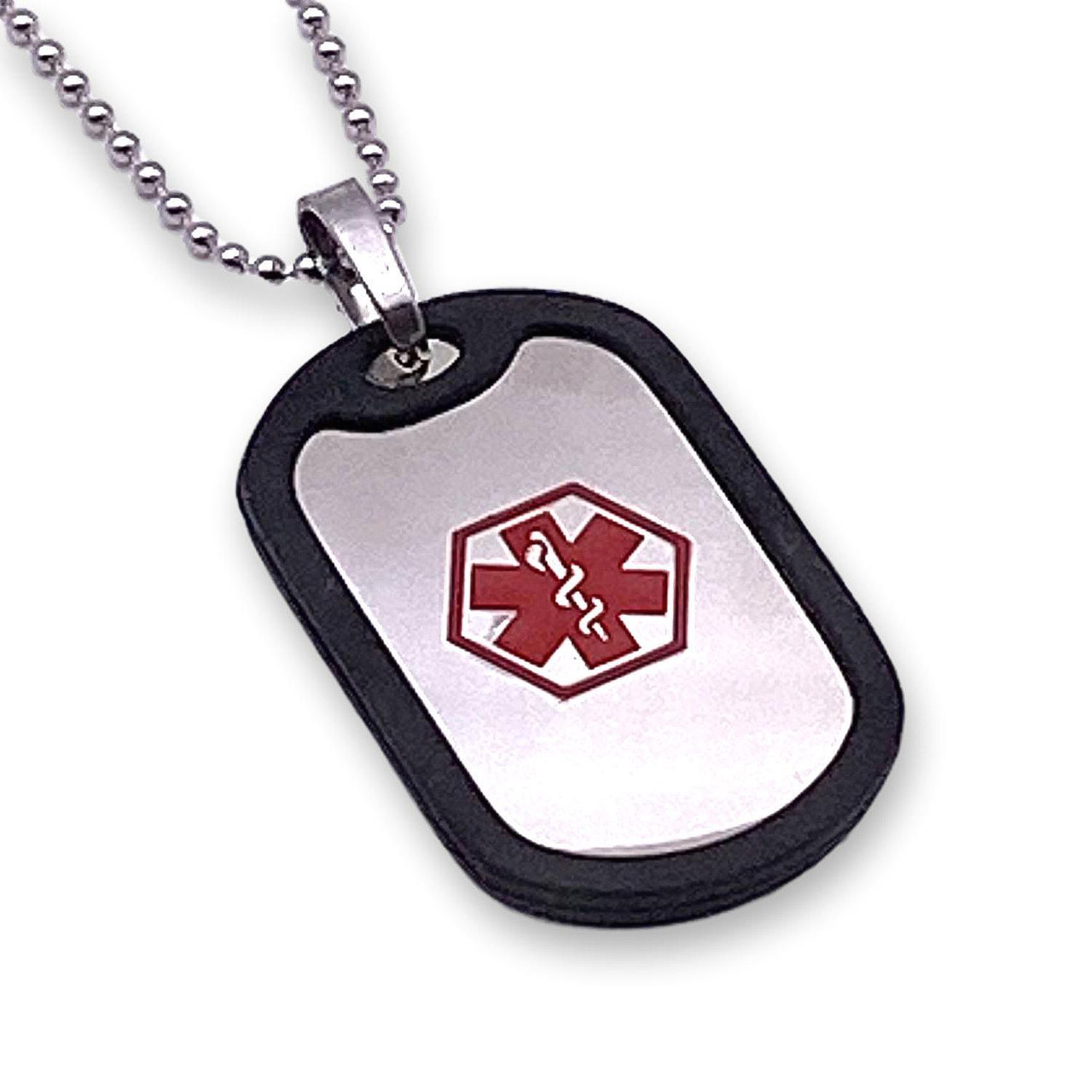Medical wristbands are wearable devices designed for health-related purposes. They typically serve as a method to communicate important medical details about the wearer. Here are Visit this link and uses of medical wristbands:
Identification: Medical wristbands are often used in healthcare settings to identify sufferers. They sometimes embody fundamental data such as the patient's name, date of start, and a singular identifier that hyperlinks to their medical records.
Allergy and Medical Condition Alerts: These wristbands could have particular symbols or codes to point allergy symptoms or medical situations which are important for healthcare providers to know in case of an emergency. For instance, a purple band might signify a severe allergy.
Emergency Contact Information: Some medical wristbands embody QR codes or other identifiers that, when scanned, present entry to emergency contact info. This could be crucial in conditions where the affected person is unable to communicate.

Patient Tracking: In hospitals and other healthcare amenities, medical wristbands with barcodes or RFID (Radio-Frequency Identification) technology are used for patient monitoring. This helps be positive that sufferers receive the correct drugs, therapies, and procedures.
Fall Risk or Special Precautions: Wristbands might point out if a affected person is susceptible to falling or if there are particular precautions that healthcare suppliers must take into account when caring for that individual.
Blood Type Identification: Some medical wristbands embody the wearer's blood sort, which may be essential information in emergency conditions or when blood transfusions are wanted.
Clinical Trials and Research: In the context of medical trials or medical research research, participants might wear wristbands that help researchers monitor and establish individuals within the research.
When utilizing medical wristbands, it's essential to contemplate privateness and safety issues, particularly when coping with delicate health info. Regulations and standards, such as the Health Insurance Portability and Accountability Act (HIPAA) within the United States, present guidelines for the safety of patient data in healthcare settings..
